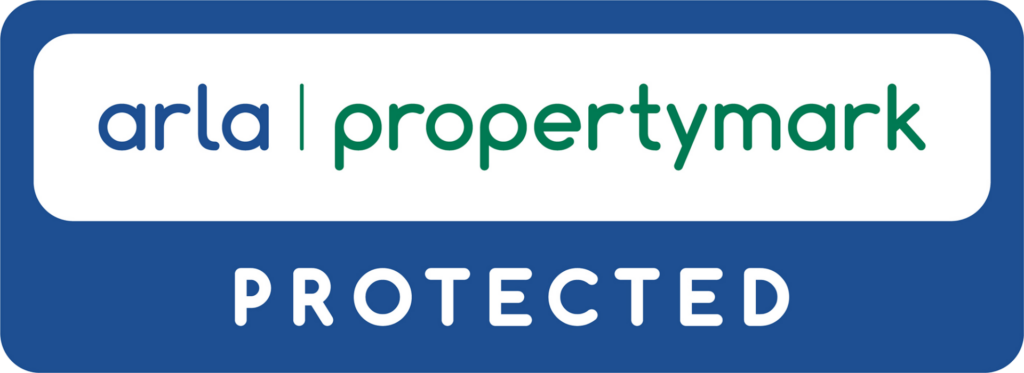Investing in the UK’s London property market versus the FTSE 100 can be a perplexing decision for investors, each offering distinct advantages and risks.
The London property market has historically been a solid investment choice, offering stable returns and capital appreciation over time. With a steady demand for housing in the capital, property investments often provide a sense of security and tangibility that appeals to many investors. Additionally, rental income can offer a reliable source of cash flow, particularly in areas with high demand and limited supply.
On the other hand, the FTSE 100 represents the top 100 companies listed on the London Stock Exchange, offering exposure to a diverse range of sectors and industries. Investing in the FTSE 100 provides the opportunity for significant capital growth, dividend income, and portfolio diversification. However, stock market investments come with inherent volatility and risk, subject to fluctuations in global economic conditions and market sentiment.
Ultimately, the decision between London property and the FTSE 100 depends on individual preferences, risk tolerance, and investment objectives. Those seeking tangible assets and stability may lean towards the property market, while investors comfortable with volatility and seeking higher returns may opt for the FTSE 100. Diversification across both asset classes could also be a prudent strategy to mitigate risk and maximise potential returns over the long term.








